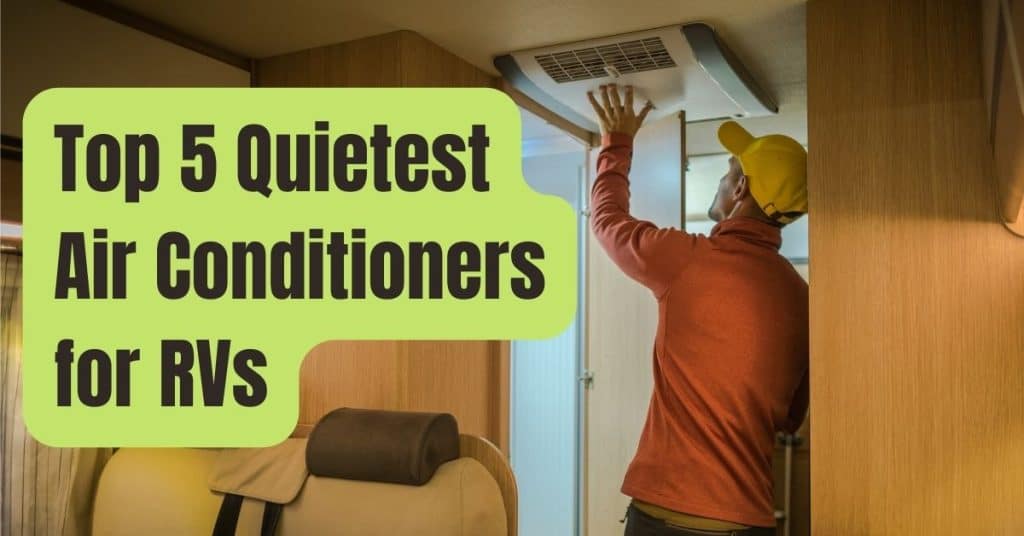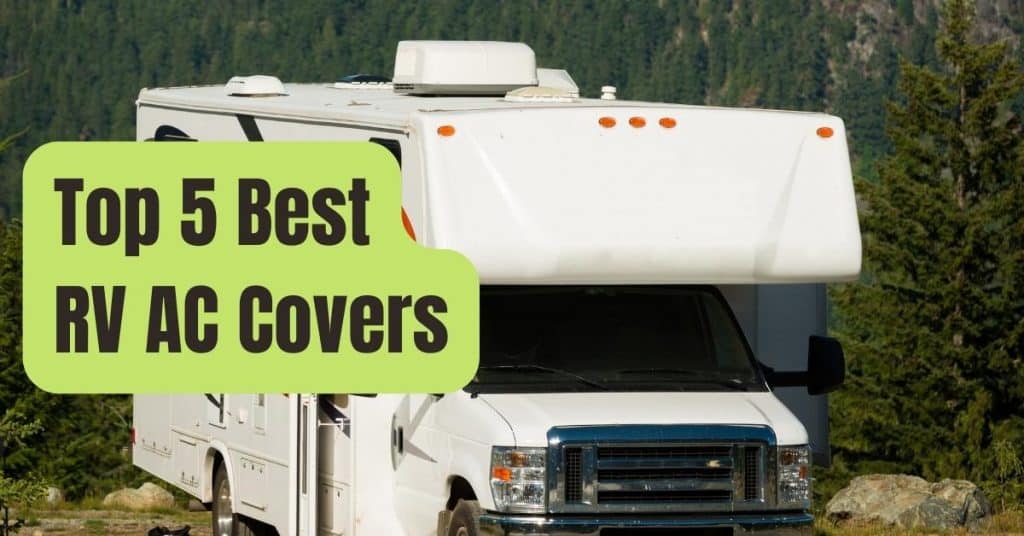There is no question in my mind.
Without the luxury amenities offered by today’s contemporary RV, boondocking wouldn’t be nearly as enjoyable.
A key component of these conveniences is the refrigerator with gas/electric absorption.
Unfortunately, the majority of RV owners have a poor understanding of it.
How level should my gas/electric refrigerator be while I’m camping is one query I often read online.
In this little piece, I’ll answer it and a few more queries.
It will be beneficial to first have a basic understanding of how the gas/electric absorption refrigerator works.
Hydrogen gas, ammonia, and water are used for cooling.
Ammonia transforms into a vapor that rises to the condenser fins at the top of the refrigerator when propane-fired heat (or electric heat) is given to the refrigerator’s boiler.
The ammonia vapor condenses here, cools, and becomes an ammonia liquid (the more liquid the better the refrigerator will cool).
Once the ammonia liquid has been produced, it is gravity-dropped into the evaporator coils of the refrigerator’s cooling unit, where it cools alongside hydrogen gas.
Even though the refrigeration process involves more processes, the three most crucial ones—heat, airflow, and gravity—have already been covered.
For the sake of this post, we’ll simply focus on gravity.
Gravity is essential to the RV refrigeration process, as was already established.
It is necessary for the appropriate passage of the ammonia liquid to the evaporator coils that cool the refrigerator.
Off-level operation of your rig causes ammonia to flow improperly and promotes the growth of ammonia crystals within the tubing of the refrigerator.
These crystals build up over time until the flow is constrained or obstructed.
These crystals have a problem in that no amount of vibration can make them go; they are irreversible, like the plaque in our arteries.
Consequently, how level should your refrigerator be is the matter at hand.
Thankfully, modern refrigerators are more forgiving than those used by our parents or grandparents.
To function properly, their RVs needed to be nearly exactly level.
Currently, Norcold advises keeping refrigerators 3 degrees off-level on each side and 6 degrees off-level on the front and rear.
What does this imply for you in terms of rig leveling? For an overnight stay, a half-bubble on your RV’s level should be plenty, but if I’m planning to boondock for many days or a week in the same place, I prefer to have my rig as level as possible.
By avoiding ammonia crystals from accumulating, taking a few additional seconds to level your setup can help your refrigerator chill more effectively and last longer.
What leveling technique is ideal for an RV? The best and fastest method is to use electric or hydraulic automatic levelers, if you’re fortunate enough to have them.
However, if you’re like me, you must turn to more archaic techniques.
Owners of truck campers are only able to level their trailers using air bags, leveling blocks, and hydraulic jacks.
I like to use leveling blocks out of them.
I consider a decent set of leveling blocks to be the fastest and simplest way to level your setup since I believe in the KISS (Keep It Simple, Stupid) philosophy.
Simply remember to collect them before leaving your campground.
What you use as leveling blocks doesn’t actually matter.
Others, like myself, like to use the plastic “Lego” type leveling blocks, while others like to construct their own out of leftover bits of wood.










